Market Share
Nuclear Magnetic Resonance Spectroscopy Market Share Analysis
The Nuclear Magnetic Resonance (NMR) Spectroscopy Market is a competitive and fast-growing sector that prompts companies to adopt various strategies for market share positioning. Differentiation is one of the main ways of making this happen, whereby companies are dedicated towards developing advanced and specialized NMR spectroscopy instruments as well as technologies. The move in question allows these firms to make products with improved sensitivity, resolution and versatility that meet the emerging requirements of researchers and industry players by investing heavily into research and development. Companies can be positioned as the front runners when they offer cutting edge solutions which attract scientists, researchers and organizations looking for state-of-the-art NMR spectroscopy tools.
Pricing strategies are critical in market share positioning within the NMR Spectroscopy Market. In some instances, enterprises opt to use competitive pricing systems positioning their instruments as cost efficient options while at the same time ensuring that their quality level remains high. When considering budgets, this approach works well since it provides affordable yet good quality NMR equipment that especially appeals to academic institutions, research laboratories, pharmaceutical companies amongst others.
For players navigating through complexities of the NMR Spectroscopy Market strategic partnerships are important. Often times firms form alliances with academic research centers or pharmaceutical companies or other industry players to facilitate resource sharing, exchange of technical expertise and expand their markets reach among other things. Collaborations help create complete NMR solutions customized for specific research needs thereby enhancing overall signification benefits from strategic alliances (SBA). By entering into relations with the right partners businesses can enhance their market presence staying updated on technological innovations in terms of application.
Another strategy used by companies is market segmentation where they adapt their NMR instruments specifically for certain applications or sectors. Thus, targeted at different research areas e.g., drug discovery material science or environmental analysis such an approach enables customization of instruments. Understanding and addressing diverse researcher’s needs across various disciplines will help position themselves as specialists hence allowing them to gain competitive advantages and maximize market-share in specific niches.
However, effective marketing and promotional activities are vital to market share positioning within the NMR Spectroscopy Market. The influence that this has on researchers and decision-makers is through creating awareness of what NMR spectroscopy can do, case studies that showcase applications for example and product features by means of education campaigns. Utilization of various channels such as scientific conferences webinars and digital platforms assists companies in reaching their target market building brand awareness thus raising their market shares.
To broaden its overall market share in the NMR Spectroscopy Market many companies have resorted to global expansion. Companies can expand their customer base when they identify areas where demand for advanced research tools and technologies is increasing. In spite of this, successful global expansion involves having a deep understanding of local regulatory landscapes, scientific research trends, cultural factors among other factors before making an informed decision about which strategy will guarantee smooth entry into the foreign markets followed by sustainable growth.


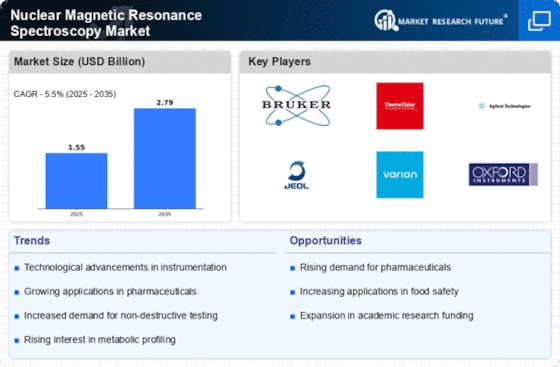
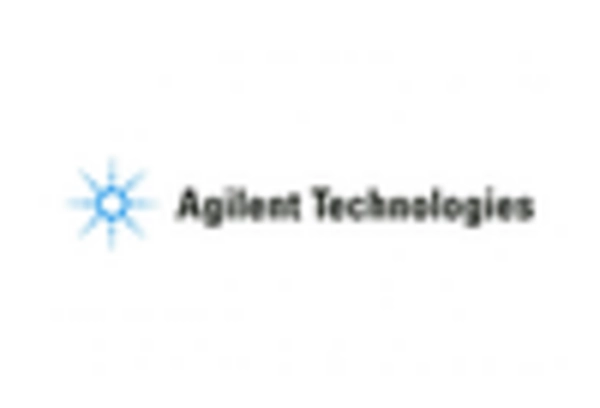
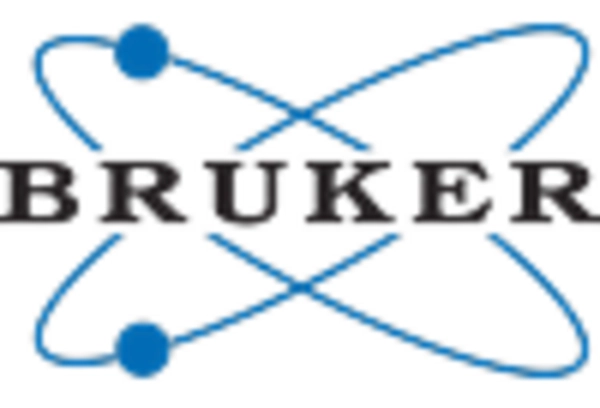
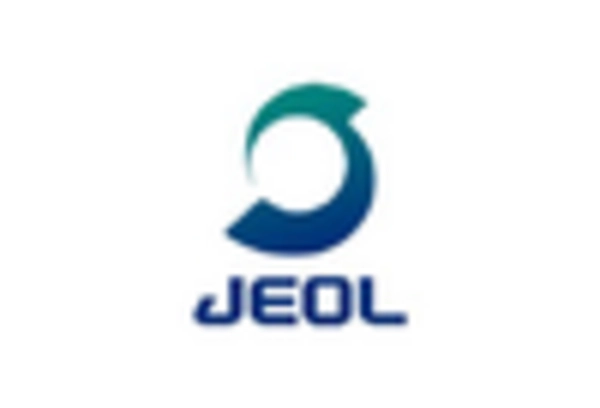
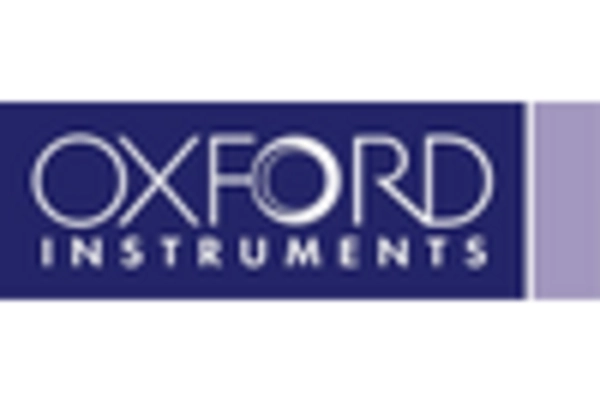
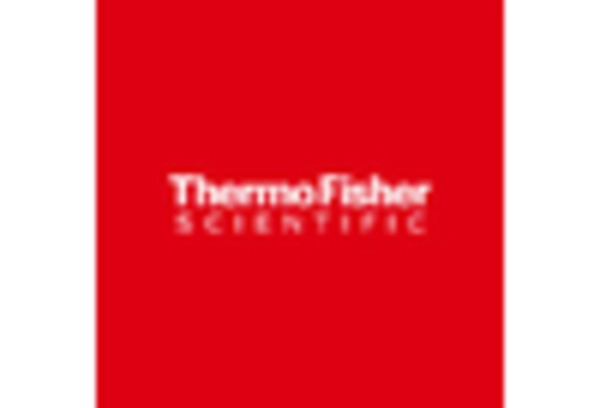
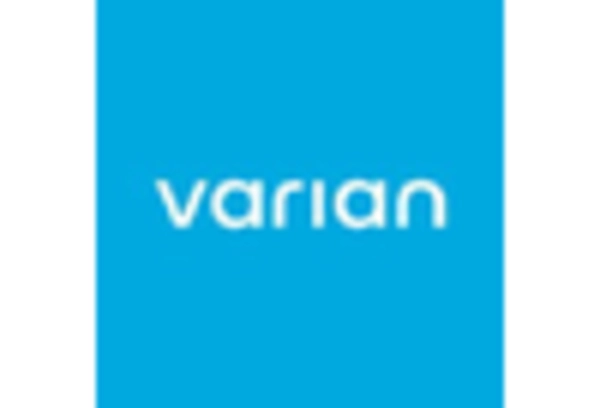










Leave a Comment